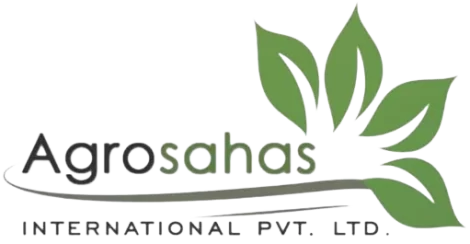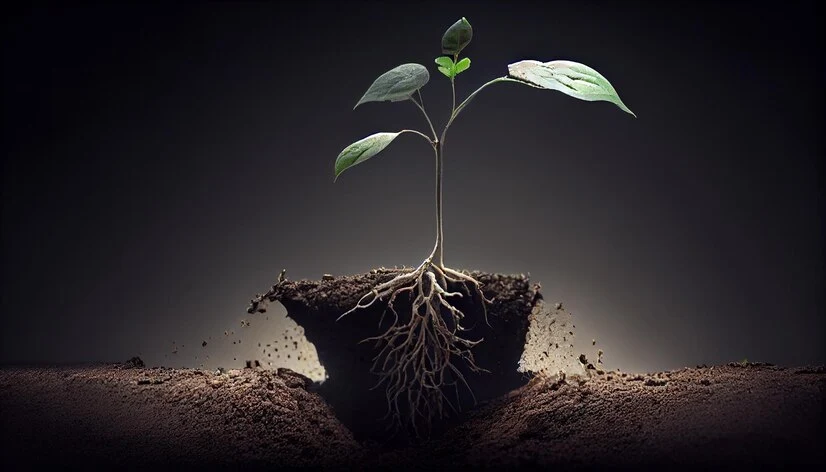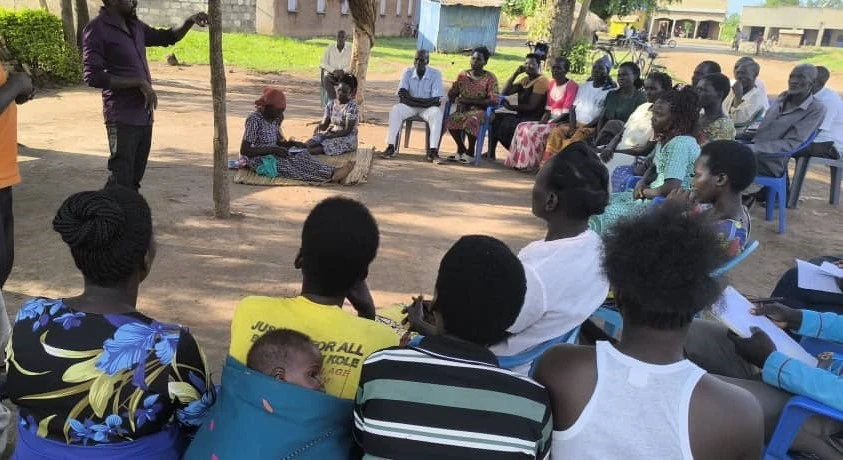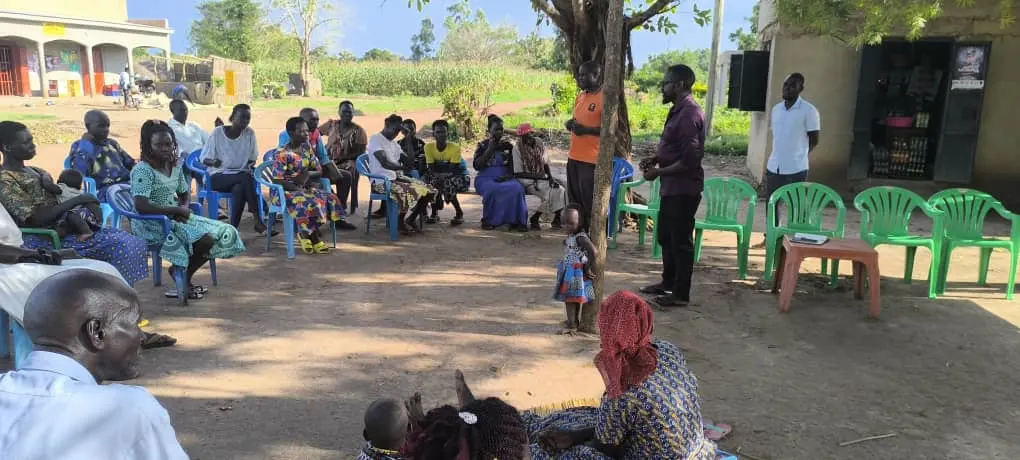Soil is the foundation of agriculture, and its health is crucial for sustainable farming practices. At Agrosahas International PVT LTD, we recognize the importance of soil science in achieving long-term agricultural productivity and environmental sustainability. Our contributions to soil science are centered around research, innovation, and the implementation of advanced soil management practices that improve soil health, boost crop yields, and protect the environment.
The Contribution of Soil Science to Agriculture
Soil science is a critical field that examines the physical, chemical, and biological properties of soil and their interactions with plants, water, and the environment. The insights gained from soil science are essential for developing sustainable agricultural practices that enhance soil fertility, reduce erosion, and maintain ecosystem health.
The Importance of Soil Conservation
Soil conservation is the practice of protecting soil from erosion, degradation, and loss of fertility. It is a vital aspect of sustainable agriculture, as it ensures that soil remains productive and capable of supporting plant growth over the long term.
Contributions of Soil Conservation
- Prevention of Erosion: Soil conservation practices, such as contour farming, terracing, and cover cropping, help prevent soil erosion by stabilizing the soil and reducing the impact of wind and water.
- Maintenance of Soil Fertility: By preserving soil structure and organic matter, soil conservation practices maintain soil fertility and promote healthy plant growth.
- Protection of Water Quality: Soil conservation also plays a crucial role in protecting water quality by reducing runoff and preventing the contamination of water bodies with soil sediments and agricultural chemicals.
Agrosahas’ Role in Soil Conservation
- Promoting Conservation Agriculture: Agrosahas advocates for conservation agriculture practices that minimize soil disturbance, maintain soil cover, and promote crop rotation. These practices help protect soil health and enhance its ability to sequester carbon.
- Training and Education: We provide training programs for farmers on soil conservation techniques, emphasizing the importance of sustainable land management for long-term agricultural success.
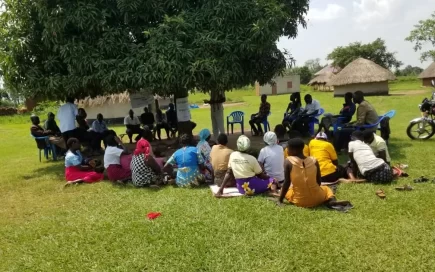
The Role of Soil Organic Matter in the Environment
Soil organic matter (SOM) is a key component of healthy soil, consisting of decomposed plant and animal materials. It plays a crucial role in maintaining soil fertility, supporting microbial activity, and regulating water and nutrient availability.
Two Key Contributions of Soil Organic Matter
- Enhancement of Soil Structure: SOM improves soil structure by binding soil particles together, creating stable aggregates that enhance water infiltration, root penetration, and aeration.
- Carbon Sequestration: SOM acts as a carbon sink, sequestering carbon from the atmosphere and helping to mitigate climate change. This process also contributes to the long-term fertility and resilience of soil.
Agrosahas’ Focus on Soil Organic Matter
- Composting and Organic Amendments: Agrosahas promotes the use of composting and organic soil amendments to increase SOM levels. By recycling organic waste into valuable soil inputs, we help farmers build healthier soils that support robust crop growth.
- Cover Crops and Green Manures: We encourage the use of cover crops and green manures, which add organic matter to the soil and improve its structure and fertility. These practices also contribute to weed suppression and pest control, reducing the need for chemical inputs.
Successful Soil Management Practices Around the World
Soil management practices vary depending on local conditions, but successful strategies share common principles: maintaining soil health, enhancing fertility, and minimizing environmental impact. Here are some of the most effective soil management practices adopted globally:
- Crop Rotation: Rotating different crops on the same land helps break pest and disease cycles, improve soil fertility, and reduce the need for chemical inputs. This practice is widely used in both developed and developing countries.
- No-Till Farming: No-till farming minimizes soil disturbance by leaving crop residues on the field and planting new crops directly into the undisturbed soil. This practice improves soil structure, reduces erosion, and enhances water retention.
- Agroforestry: Integrating trees and shrubs into agricultural landscapes, known as agroforestry, enhances biodiversity, improves soil fertility, and provides additional income streams for farmers through the production of timber, fruits, and other non-timber products.
- Precision Agriculture: Precision agriculture uses technology to optimize field-level management practices, such as the precise application of fertilizers, water, and pesticides. This approach reduces waste, increases efficiency, and improves soil health by applying inputs only where and when they are needed.
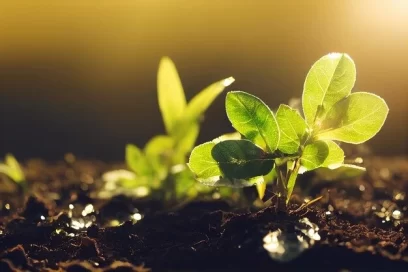
Agrosahas’ Implementation of Successful Soil Management Practices:
- Adaptation of Global Practices: Agrosahas integrates these successful soil management practices into our agricultural programs, adapting them to local conditions and needs. Our focus is on creating sustainable farming systems that enhance soil health, increase productivity, and protect the environment.
- Innovation in Soil Management: We continuously explore new technologies and methods to improve soil management. Our R&D efforts are directed towards developing innovative solutions that address the unique challenges faced by farmers in different regions.
Conclusion
Agrosahas International PVT LTD is at the forefront of advancing soil science through research, innovation, and the implementation of sustainable soil management practices. Our contributions to soil science not only enhance agricultural productivity but also protect the environment and support the long-term viability of farming communities. By focusing on soil health, conservation, and the integration of organic matter, we are helping farmers build resilient, sustainable agricultural systems that can meet the challenges of the future.
